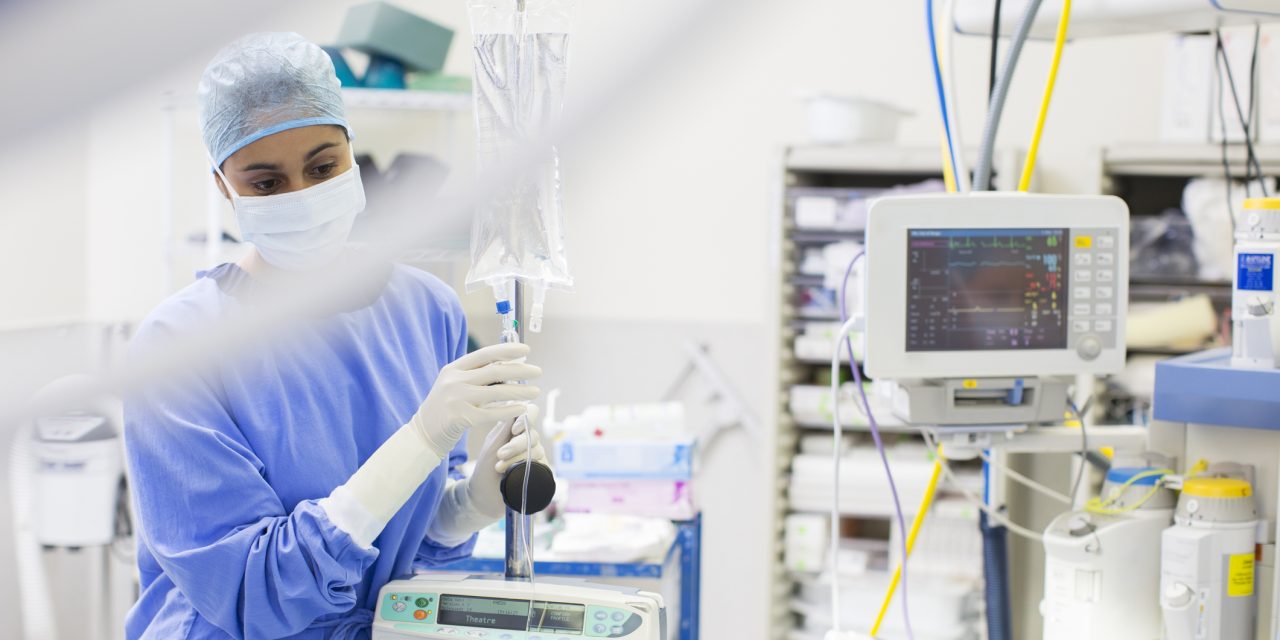COVID-19 has been associated with acute kidney injury and published reports of native kidney biopsies have reported diverse pathologies. Case series directed specifically to kidney allograft biopsy findings in the setting of COVID-19 are lacking. We evaluated 18 kidney transplant recipients who were infected with SARS-CoV-2 and underwent allograft biopsy. Patients had a median age of 55 years, six were female, and five were Black. Fifteen patients developed COVID-19 pneumonia, of which five required mechanical ventilation. Notably, five of eleven (45%) biopsies obtained within one month of positive SARS-CoV-2 PCR showed acute rejection (four with arteritis, three of which were not associated with reduced immunosuppression). The remaining six biopsies revealed podocytopathy (n=2, collapsing glomerulopathy and lupus podocytopathy), acute tubular injury (n=2), infarction (n=1), and transplant glomerulopathy (n=1). Biopsies performed >1 month after positive SARS-CoV-2 PCR revealed collapsing glomerulopathy (n=1), acute tubular injury (n=1), and non-specific histologic findings (n=5). No direct viral infection of the kidney allograft was detected by immunohistochemistry, in situ hybridization, or electron microscopy. On follow-up, two patients died and most patients showed persistent allograft dysfunction. In conclusion, we demonstrate diverse causes of kidney allograft dysfunction after COVID-19, the most common being acute rejection with arteritis.This article is protected by copyright. All rights reserved.
Kidney allograft biopsy findings after COVID-19.


